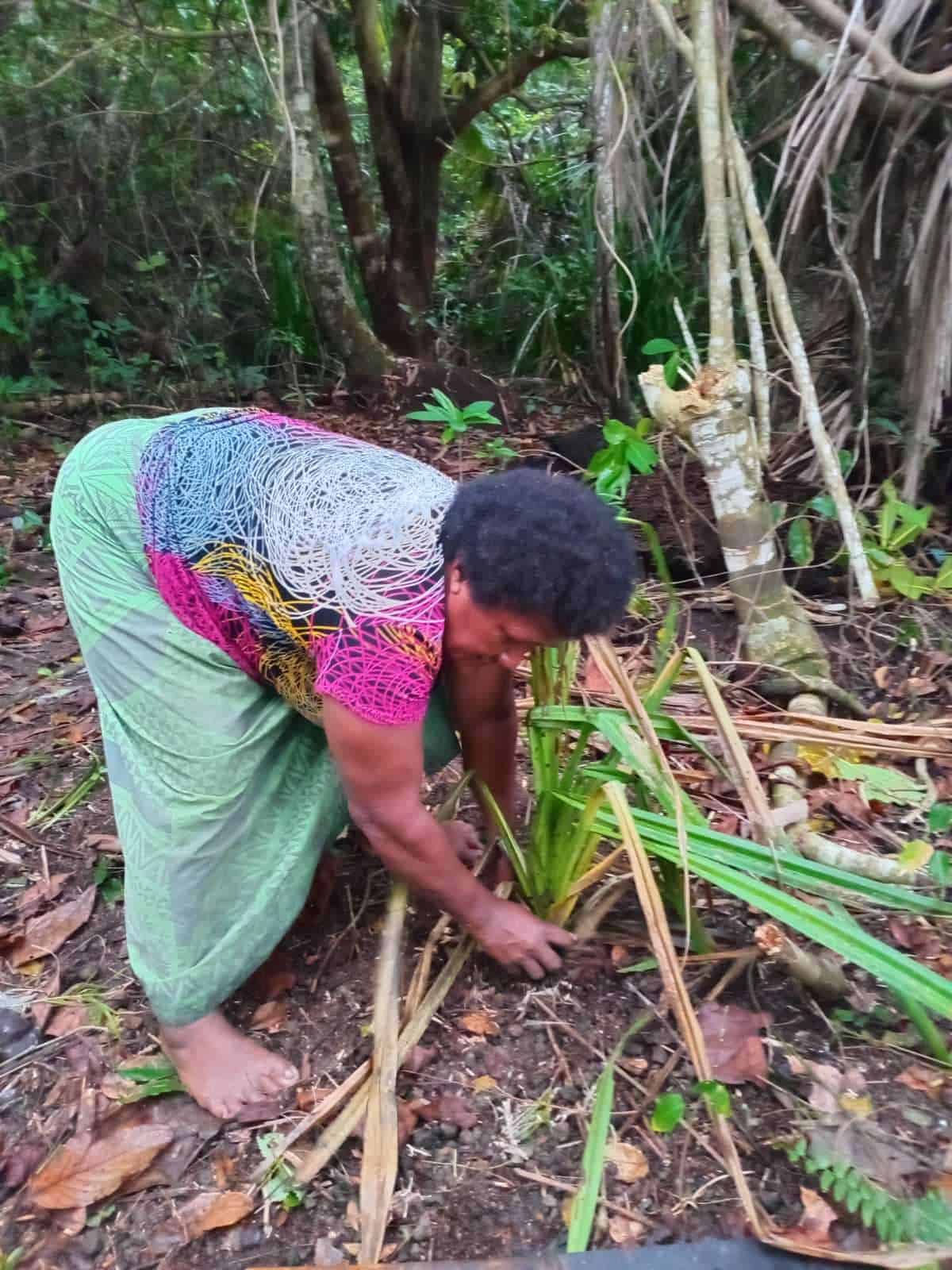UN Women Supports 12 Sub-Grantees through the WRD Project
femLINKpacific is proud to announce our 12 sub-grantees who are making a significant impact in their communities through the UN Women Women’s Resilience to Disaster (WRD) program.
The sub-grantees comprises of 6 groups and 6 individuals, who received their first tranche of grants in early August, following the signing of agreements on July 23. To ensure the grantees are well-equipped for success, femLINK conducted a comprehensive training session, covering financial literacy, community profiling, and business sustainability strategies.
The grantees were carefully selected based on a rigorous application process and their demonstrated potential to contribute to the economic development of their communities, and also contributing to the national economy.
Captivatingly, sub-grantees represent a diverse range of rural women, including Aging women, Career women, young women, women living with disability, and members of the LGBTQI+ community. This is a rare gem, showcasing the breadth of talent and potential within Fiji’s rural and peri-urban areas.
Making a Difference with Just the First Tranche
Just weeks after the first tranche was disbursed to the subgrantees, the recipients spared no time, which was evident when the first site visit was conducted late last month and early this month.
The grantees have indeed demonstrated a strong commitment to empowering women and improving the livelihoods of their family and community members. Some of the detailed stories of the sub-grantees are shared in the next few pages.
| Keresi Tamani aka Kessy from Yadua village in Nadroga has generously shared her profits to support widows, orphans, and the poor in her community. Kessy, a dedicated pastor’s wife, mother, and President of the Yadua Women’s Club, is a remarkable woman who has overcome the challenges of disability. Kessy runs a successful canteen, using the profits to support single mothers in her community. She did not allow her disability to limit herself. Rather, she focuses on her ability, operates a canteen and uses the profits to help single mothers in her community. Despite her own challenges, including caring for her child with a brain tumor, she remains committed to supporting other able-bodied women. ‘Stand up, move forward, and strive for your goals.’ She acknowledges the support of UN Women in renovating the Yadua sea wall and providing assistance to start her canteen. She also expresses gratitude to femLINKpacific for amplifying the voices of women. |
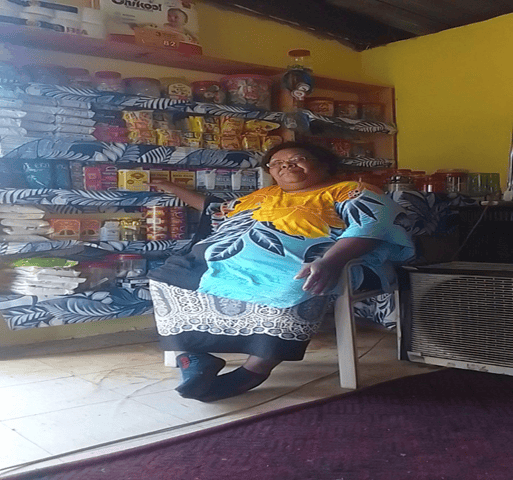
| The Nabuni Women’s Group, based in the outskirts of Suva, is comprised of ten dedicated members. Led by retired Home Economics teacher Mrs. Tagimuri Qionibarvi, the group specializes in fabric art, sewing, and jewellery making. Mrs. Qionibaravi’s passion for sharing her knowledge has inspired the group members to pursue their creative endeavours. Through her guidance, the women have developed valuable skills and gained confidence in their abilities. By combining their talents and working together, the group has been able to create beautiful and unique handcrafted products. Their efforts not only provide financial support for their families, but also contribute to the local economy and preservation of traditional Fijian crafts. |
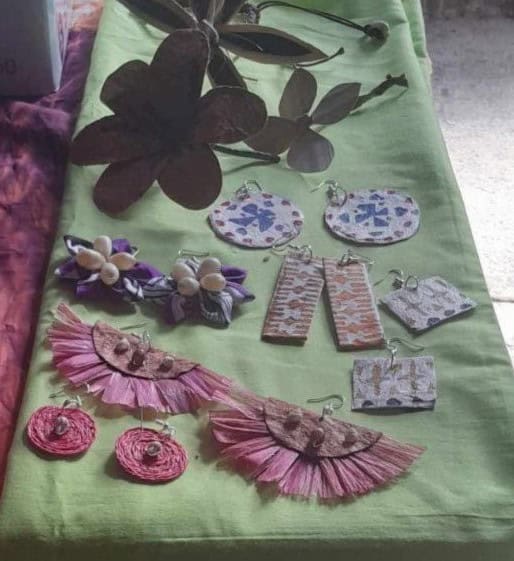
| Due to limited bus services in Bavu village, Di Laite’s community relies on hitchhiking to reach the nearest shopping centres, such as Danny’s and those in Nadi Town. This is particularly challenging on weekends when people often go shopping for frozen foods. “I sell a variety of items, including soup packs, ice blocks, lollipops, sausages, and fries. I plan to expand our offerings to include fresh fish, frozen cassava, and other products in the future. To support my canteen’s operations, I am considering investing in a solar panel. This would help reduce our reliance on grid power and lower our operating costs,” said Di Laite. I would like to express my gratitude to femLINKpacific and UN Women for their valuable assistance in providing the initial capital to start this business. |
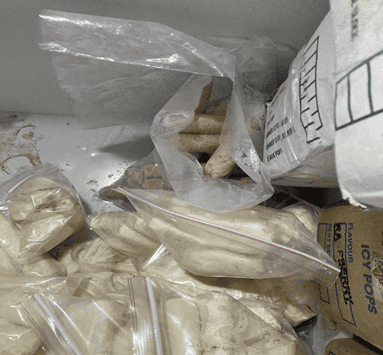
| Akisi Lewavo, a resident of Koronubu, originally envisioned starting a cattle farming business with the grant she received. However, faced with limited funds, she changed her plans to focus on a more feasible venture, a small canteen. Her business has not only provided financial benefits for her family, but has also allowed her to support vulnerable community members. Akisi regularly shares a portion of her profits to assist those in need, including bedridden individuals, young mothers, and the elderly. Akisi’s entrepreneurial journey demonstrates the power of adaptability and resilience. Despite facing initial challenges, she has successfully established a thriving business that benefits both her family and her community. |
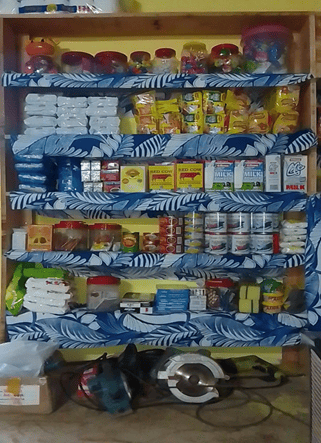
| Julekha, an Indo-Fijian widow living in Nadi, has focused her grant on hydroponics and fabric art. She expressed gratitude to femLINKpacific for accepting her into the program, saying, “After losing my husband last year, femLINK helped me find a new purpose and motivated me to move forward.” Her hydroponics project has been successful, and she is excited to see her plants grow and eventually sell at a competitive price. |
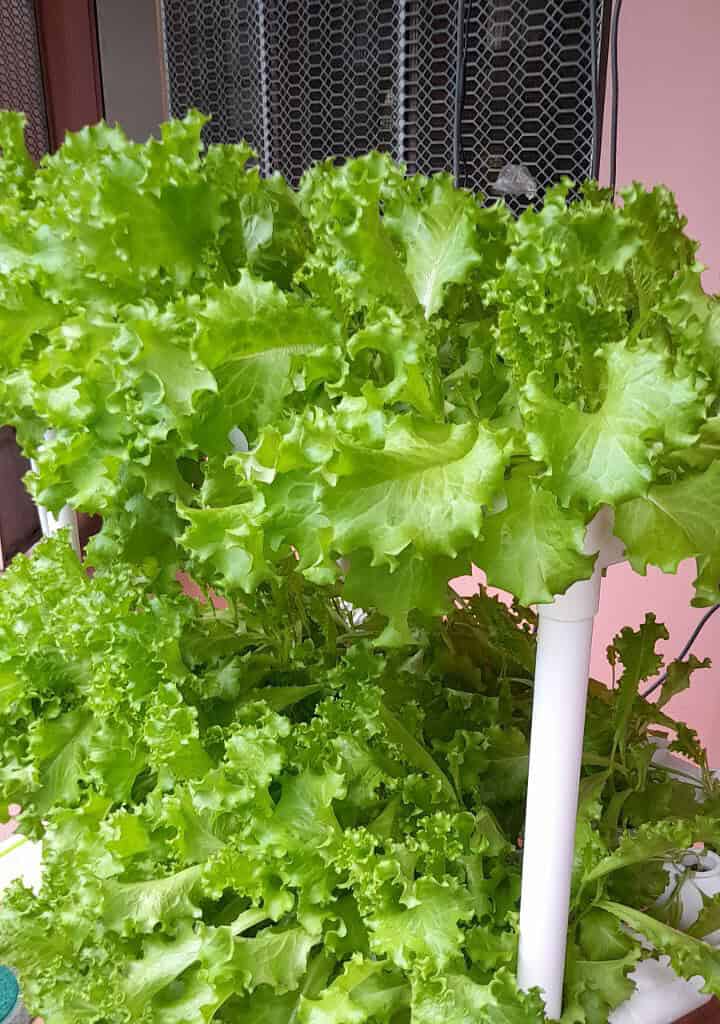
| The Navetau women have addressed a critical need by operating a community stop shop for fuel, hereby reducing the burden on community members who previously had to travel long distances as far as Labasa town to fetch fuel. The Women’s Group applied for a grant to establish a fuel station in Navetau, aiming to meet the needs of nearby villages equipped with generators, trucks, brush cutters, and fiberglass boats. Recognizing the need for additional facilities, the women decided to build a public convenience beside the fuel station. This would provide a much-needed stop for travellers passing through the area. The women plan to renovate the existing bus shelter and use it as a space to sell their products, alongside their canteen. This initiative has the potential to significantly improve the lives of residents in Navetau and surrounding villages. |
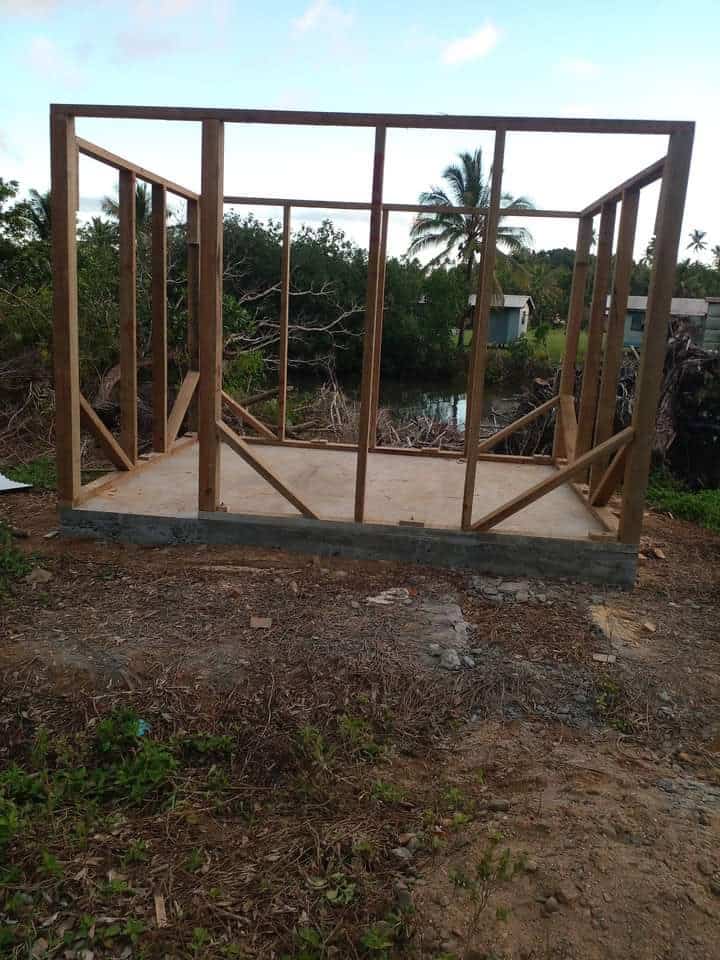
| Eliki Tabakanavanua, known as Aiysha, is a transgender woman and founder of Peculiar Beauty & Hair Salon in Nabouwalu. Despite possessing exceptional hairstyling skills, Aiysha faced financial constraints that hindered her ability to establish and grow her business. Opportunely, the grant assisted Aiysha in the acquisition of the necessary equipment and supplies to expand her salon. Aiysha’s salon offers a range of hairdressing services, catering to the diverse needs and preferences of her clients. Her expertise and dedication have quickly made her a popular choice among the local community. |
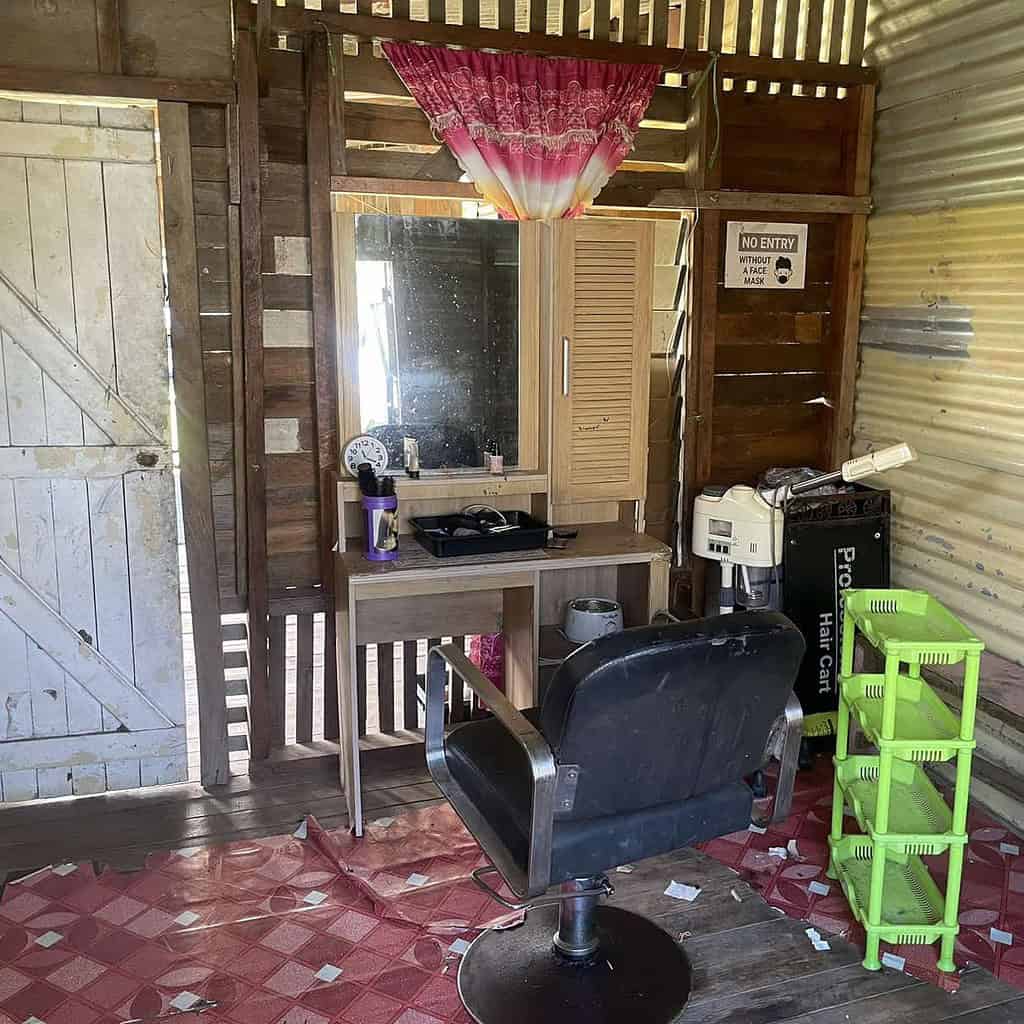
| Ra Naar Parishad, a group of 22 women in Rakiraki has just recently been revived and they are renting a small office in Rakiraki town. Their vision is to empower and educate women to enable them to provide food for themselves and their family members. Some of their raw materials were bought from their own members. So far, they have managed to pack and sell 163 bottles of home-made chutneys, and this is just within a month. The intention is to share the profits within the members to assist them with their financial needs. |
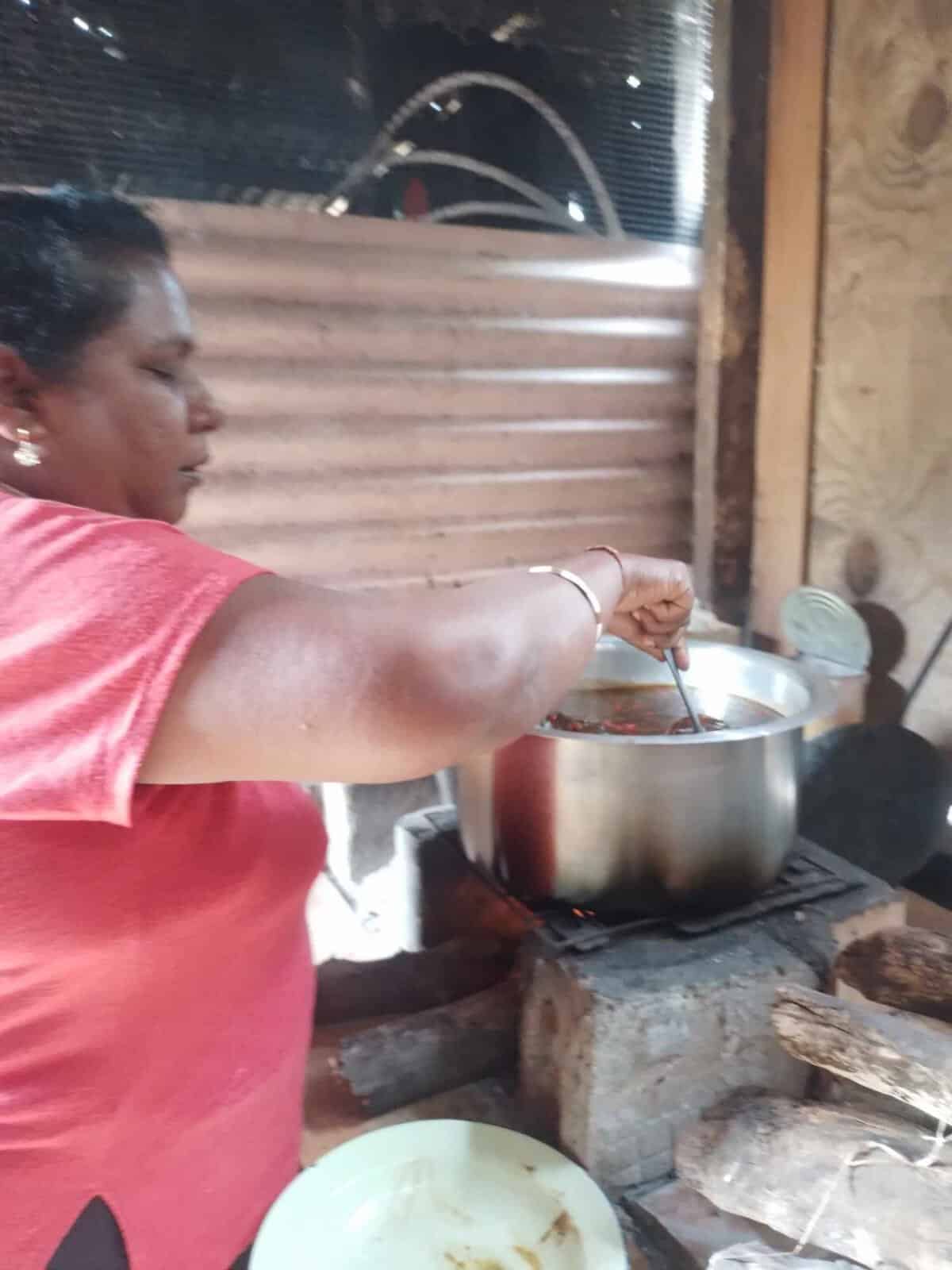
| Tawake Women’s Group hopes to economically empower its rural women. This is because, the women in Tawake are heavily reliant on mat weaving as their main source of income. The grant has been divided into 4 categories and they are; (1) to purchase tools, (2) to expand their voivoi (pandanus) plantation, (3) to buy kitchen utensils and other necessities for the evacuation centre and (4) to buy sewing machines. The Tawake Women’s Club have planted 100 pandanus seedlings so far. Normally, it would take a year to harvest. However, they have slightly modified how the planting and harvesting were carried out so that it could generate more income for the members of the group. As for the sewing machines and other handicrafts, there are members on standby who are willing to share their knowledge and conduct trainings to other members. In turn, these members will become more skilful and will be able to make money for themselves and their families. The projects have had indeed had a rippling effect on the wider community, within just a month of implementation. The benefits have overflowed to their families, as well as to their communities. |
Needless to say, the UN Women WRD Women Economic Empowerment program has been unequivocally successful in empowering women and fostering positive change in Fiji. The grantees have demonstrated resilience, determination, and a commitment to making a difference.
